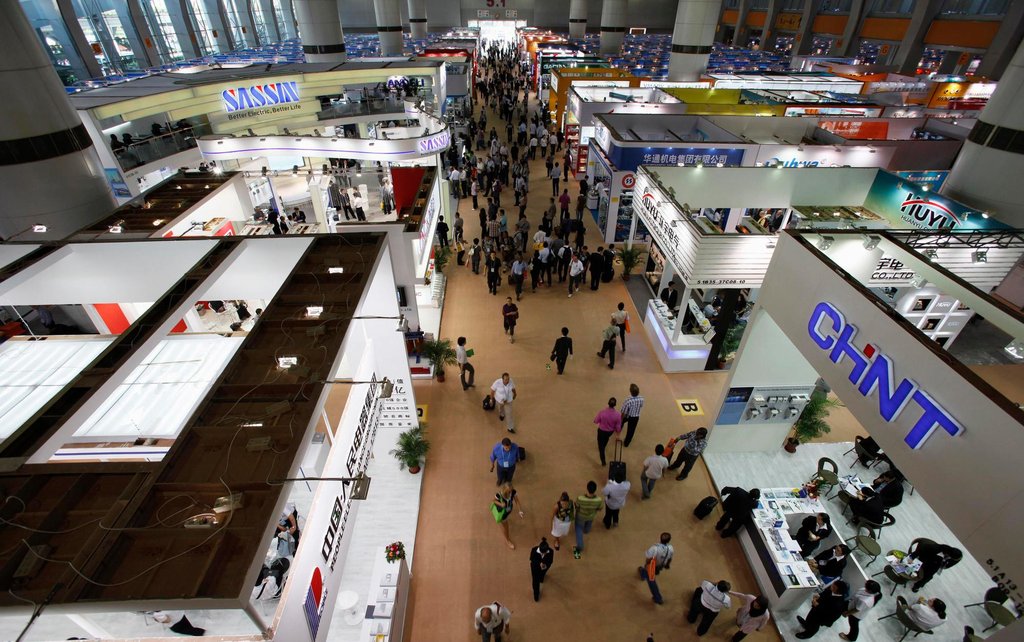China celebrates 15 years in the WTO. But it is global war on trade

BEIJING – The ex-child has grown up but they don’t want to give him the keys yet: but to you 15 years seem really too few? It is good that the boy continues to make it into pranks: they say he plays on prices, hides the cards, does not respect the rules of the game. Above all, he continues to raise his voice: like now. The former child is called Beijing and 15 years ago, December 11, 2001, he triumphantly entered the WTO, the International Trade Organization, led by an American uncle named Bill Clinton, the outgoing president who had bet on customs clearance economic in China: “From here to ten years” he said “we will look back and we will be proud of what we have done”. The last famous words. Ten years plus five later, try asking his wife, old Bill, if she is proud of that agreement that prevented her from settling back in the White House, this time as a hostess. “China has destroyed America” was the winning slogan that turned Donald Trump into the elected president. And China would have destroyed America just by hiding its troops in the WTO Trojan Horse. Who’s right?
Meanwhile, instead of celebrating, the Chinese have just sulked. The birthday present should include the removal of that label which, as per the entry contract, Beijing had agreed to see on its pocket: “non-market economy”. In short, the international economic forum allowed the child to take a seat in the WTO living room, but it reminded him that for some time he would not be treated as an equal: a non-market economy is precisely the one in which it is up to the state asset and resource allocation and pricing. What a discovery, you say: are we or are we not in a communist republic? Instead it is not so much an ideological question, for what is now valid, but purely economic. Continue to define China as a “non-market economy” allows WTO partners, America and Europe in the lead, to exercise anti-dumping measures much more effectively. Dumping, as we know, is lowering the price of an asset to a level lower than that of the domestic market so that it can be exported more easily by earning (incorrectly) greater export quotas. Too bad that not being a market economy China of a certain good can theoretically establish all the prices it wants: this is why to determine whether it is dumping it is comparing not the price of that good in Beijing but of the same well, let’s say, in New York. After 15 years of this treatment, and endless war on duties, the Dragon now threatens to take “the necessary measures”, as the Ministry of Commerce says, if the members of the WTO insist on this path. And what measures? We will be the ones to appeal to the WTO, they say here, and if the Organization is stable and if we do not recognize “market economy” the other countries have broken the contract, they will be the ones to pay the consequences. More. Beijing also threatens to impose duties on others’ assets: global trade war.
Americans of course have already made it known that “the protocol does not change”. And let alone now that Donald Trump continues to repeat that “China must respect the rules”. Europe is saying the same thing with a word: “We will not recognize China as a market economy”, says Trade Commissioner Cecilia Maelstrom “but we will reform the system to define it as a neutral country”. In the meantime, the EU launched the latest anti-dumping investigation into steel just the other day. Everything like before?
Already at the 2011 birthday the Economist he took down a report card that is still extraordinarily current: showing how little road has been made since then to improve the situation. “Many of the criticisms are correct,” wrote the weekly. “China had made heroic reforms in the years around its entry into the WTO. And this has given rise to expectations that it has visibly failed. It has said yes to international rules, but at home it does not respect the law. Trade liberalization has not brought to the widening of freedoms, and even the same businesses are not so free “. Five years later the shadows are the same. Like the lights, however: “In terms of global trade, consumers around the world have earned money with low-cost Chinese products. And Chinese growth has created a huge market for the export of other countries “. Final vote?” After China’s entry into the WTO we are all richer: but Chinese legislators need to grow. Their tricks are hurting their own consumers and strengthening protectionism abroad. Which could turn into an economic self-injury of epochal dimensions “.


